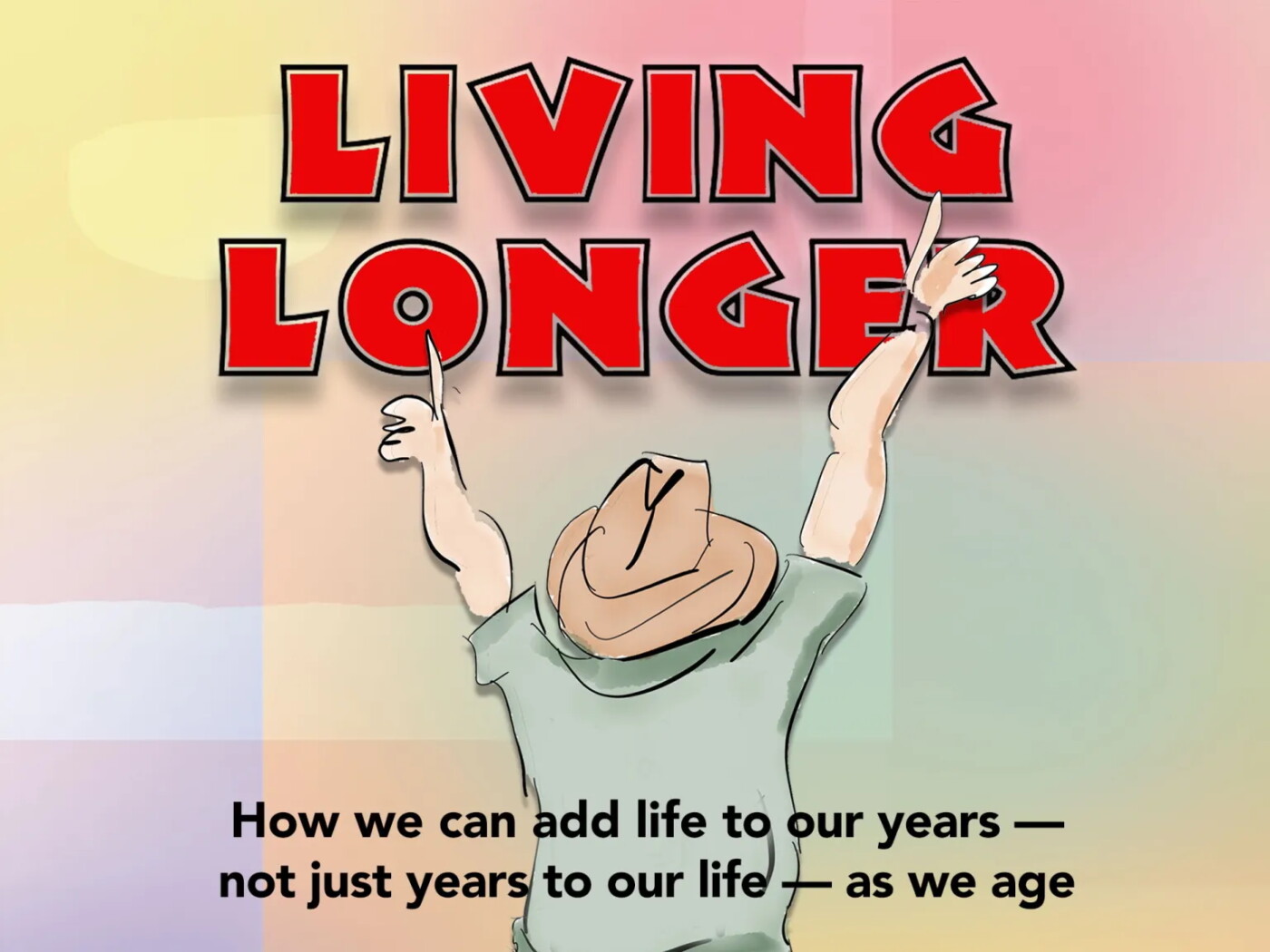THE WHO FAMOUSLY SAID in their 1965 classic, “My Generation,” they hoped to die before they got old.
It’s 60 years later, and the band is still backing up the Brinks truck to arenas all over the planet. It’s safe to say their wish didn’t come true.
Maybe they should change the lyric to “We didn’t die before we got rich.” Not only did the Rock & Roll Hall of Famers age, but they did it well and still can do what they love. The guy who wrote those lyrics when he was barely out of his teens, guitarist Pete Townshend, turns 80 next month. Singer Roger Daltry is 81. They may be yelling at their whippersnapper of a drummer Zak Starkey – who’s only 59 – to stop playing so loud (seriously, they fired and rehired him in the past couple weeks), but they’re not letting grumpiness stop the show.

Maybe they just need to take more naps.
The Who’s British peers in the Rolling Stones, Mick Jagger and Keith Richards, are also 81.
Surviving Beatles Paul McCartney and Ringo Starr (Starkey’s dad) are 82 and 84, respectively.
They all still tour and play well enough to keep squeezing into the tight pants, pay their personal massage therapists to work out the kinks, and bring the action to ginormous crowds.
Speaking of the Kinks, they’re also still alive and threatening to tour.
Being rockers from the ’60s was supposed to mean too many drugs, long nights, arrests, sexually transmitted diseases and general debauchery to make for long lives.
Those golden oldies
What could these masters of longevity possibly have in common that not only keeps them alive but thriving in a business that swallows up people a quarter their ages?
Music, of course. Making it, listening to it … living it.
We all know music is a powerful reminder of memories and emotions. But more research shows listening to — and playing — music is good for aging brains.
Keith Richards’ brain may actually be healthier than yours.
In 2023, the National Institute on Aging spoke with Psyche Loui, a violinist with Boston’s Longwood Symphonic Orchestra who’s also leads the Music, Imaging, and Neural Dynamics Laboratory at Northeastern University.
She said human brains are hard-wired to predict and anticipate familiar rhythms and melodies, starting with the auditory cortex, the brain region that receives and processes sounds.
“When we hear something that we enjoy, that engages not only the auditory cortex, but also the brain’s reward systems that are driven by the neurotransmitter dopamine, which motivates us to seek out and learn new information,” Loui said.

The scientist started an eight-week mindful music-based listening program for healthy older adults. Participants showed stronger increases in functional connectivity between the auditory system and the medial prefrontal cortex — areas that generally become less active with age — compared to control groups. Their team is now testing out this intervention in older adults with memory impairments, hoping that music can help revive learning and memory functions through this connectivity.
Music, of course, encourages social connection and reduces isolation and loneliness among older adults. But listening to music is one thing. How about playing or learning a new instrument in middle or advanced age?
The rhythm of life
According to Science Daily, a study by the University of Exeter in the U.K. released in January 2024 found that engaging in music throughout your life is associated with better brain health in older age. Scientists reviewed data from more than a thousand adults over the age of 40 to see the effect of playing a musical instrument, or singing in a choir, on brain health.
The 10-year-study compared being a musician or singer to see whether musicality helps to keep the brain sharp in later life.
Researchers said playing a musical instrument, particularly the piano, is linked to improved memory and the ability to solve complex tasks, known as executive function.
Continuing to play into later life provides even greater benefit. The data also suggested singing was also linked to better brain health, although it acknowledged this may also be due to the social factors of being part of a choir or group.
Either way, get out and sing or play with other people. If you don’t know how, learn. There’s always time and doing so may give you more time.
When your kids get on you for playing too, loudly — mine do, which is such a role reversal from being a 15-year-old drummer hitting things in my room all those years ago — tell them you’re doing it to live longer. It certainly works for Zak Starkey’s 84-year-old dad.
What does a longer lifespan mean to you? Two talented columnists tag-team every Friday to tackle the challenges that inform your choices — whether you’re pushing 17 or 70. Recent Stanford Center on Longevity Visiting Scholar Susan Nash looks at life experiences through an acerbic personal lens, while longtime writer and health reporter Tony Hicks takes the macro view to examine how society will change as the aging population grows ever larger. Check in every Friday to expand your vision of living the long game and send us your feedback, column suggestions and ideas for future coverage to newsroom@baycitynews.com.
The post Hicks: Can music save your mortal soul? That song in your heart may be good for the brain appeared first on Local News Matters.
